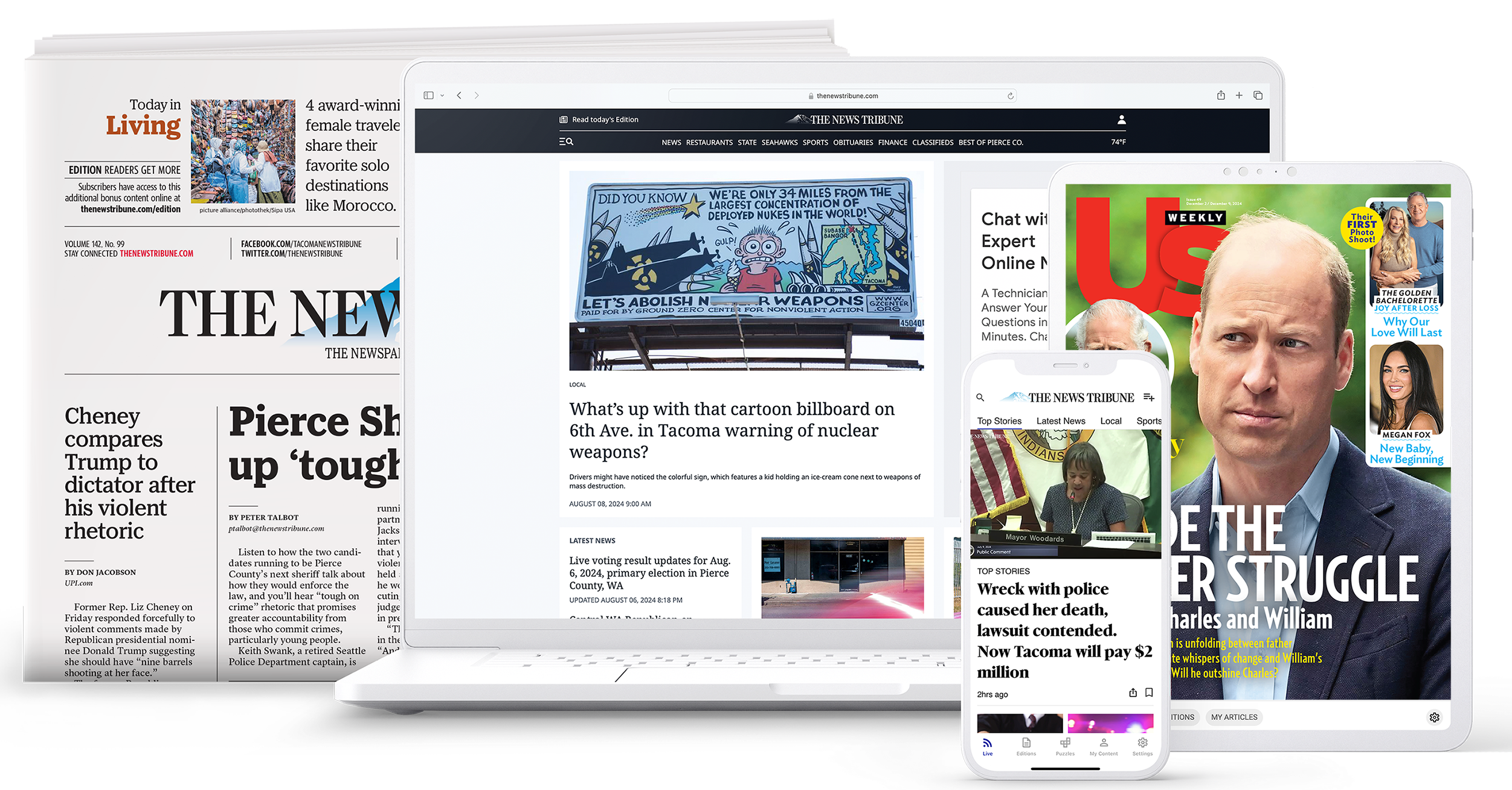The Importance of Fact-Checking on the planet of News Online
The occurrence of false information in today's on-line news landscape has actually reached startling levels. Fact-checking companies play a vital function in combating this trend. They verify insurance claims and boost the trustworthiness of journalism. The efficiency of these organizations frequently hinges on their techniques and public assumption. As target markets browse this complex setting, the ramifications of their findings may form the future of news intake and trust fund. What does this mean for the honesty of info moving on?

The Surge of False Information in the Digital Age
Exactly how has the introduction of electronic technology added to the spread of misinformation? The rapid development of the web and social media systems has facilitated the circulation of info at an extraordinary pace. Individuals can share articles, video clips, and point of views with a mere click, usually without confirming the material's precision. Formulas prioritize sensational or emotionally charged product, leading to a proliferation of misleading stories that catch attention.
Additionally, the anonymity paid for by electronic platforms enables people to spread false details without accountability (stnews.live). False information prospers in echo chambers, where individuals are exposed largely to perspectives that strengthen their ideas, even more setting falsehoods. The saturation of details can overwhelm customers, making it challenging to determine credible sources from unstable ones. Consequently, false information has ended up being a pervasive problem in the electronic landscape, influencing public point of view and count on reputable news resources
The Duty of Fact-Checking Organizations
Fact-checking companies play a crucial role in enhancing the trustworthiness of journalism by confirming insurance claims made in report. Their efforts are crucial in combating false information, making sure that exact details dominates in the digital landscape. By holding media electrical outlets answerable, these companies contribute significantly to informed public discussion.
Enhancing Integrity in Journalism
While false information proliferates in the digital age, fact-checking companies play a vital duty in boosting the reliability of journalism. These companies meticulously verify insurance claims made in news posts, public statements, and social media blog posts, making sure that details shared to the general public is exact and trustworthy. By supplying independent analyses, they serve as an essential resource for reporters, aiding them preserve high standards of honesty. Additionally, their initiatives promote openness in media, promoting public count on. As target markets end up being progressively critical, the presence of reputable fact-checking entities can identify reputable news resources from those that might spread frauds. Ultimately, the dedication of fact-checking companies to promote reliability is important for the health and wellness of autonomous discourse.
Combating False Information Successfully
As misinformation continues to spread out quickly across digital systems, the role of fact-checking organizations comes to be progressively crucial in the battle for precise details. These companies function as watchdogs, looking at claims made by public numbers and media outlets to ensure liability. By employing strenuous research techniques and specialist evaluation, they validate realities and make clear misleading stories. Their findings are distributed with different channels, informing the general public and promoting crucial reasoning. Additionally, collaborations with social media systems enhance their reach, allowing for punctual flagging of false details. As electronic literacy grows, the impact of fact-checking organizations is essential in empowering audiences to determine reality from fraud, eventually contributing to an extra educated culture.
Exactly How Misinformation Affects Public Assumption
Misinformation considerably weakens depend on in media, leading audiences to doubt the trustworthiness of news sources. As a result, people often are attracted in the direction of electrical outlets that reinforce their present ideas, adding to the polarization of viewpoints. This dynamic creates a fragmented information landscape, where shared recognizing becomes significantly hard to attain.
Count on Media

Rely on media has ended up being increasingly vulnerable in the digital age, where the rapid spread of false info can skew public perception. As misinformation multiplies across social networks and online platforms, target markets usually discover it testing to discern reputable resources from undependable ones. This unpredictability promotes uncertainty, leading lots of individuals to examine the motives behind news reporting. Trust fund in developed media outlets has lessened, as customers progressively turn to alternate sources a knockout post that may do not have rigorous editorial standards. This disintegration of trust not only impacts individual ideas however additionally undermines the cumulative ability to take part in educated discussions. Eventually, the stability of journalism is at stake, highlighting the critical demand for efficient fact-checking to bring back self-confidence in the media landscape.

Polarization of Opinions
The raising hesitation toward traditional media has added to an expanding polarization of opinions amongst the public. Misinformation, frequently shared with social media and online systems, plays a substantial function in shaping distinct ideological divides. Individuals often seek out details that lines up with their pre-existing ideas, enhancing their viewpoints while rejecting opposing viewpoints. This echo chamber effect escalates departments, leading to a fragmented public discourse where consensus becomes significantly elusive. Furthermore, sensationalized stories flourish in this atmosphere, further skewing public assumption and fostering distrust in trustworthy sources. As polarization escalates, the requirement for reliable fact-checking becomes critical to link gaps and promote notified view it now conversations, ultimately making certain a more natural culture with the ability of navigating complicated problems.
Methods for Reliable Fact-Checking
Efficient fact-checking relies upon a methodical strategy that includes thorough research, confirmation of resources, and vital evaluation of claims. A foundational method is cross-referencing info from multiple reputable sources to confirm its accuracy. Fact-checkers often make use of specialized databases and archives to map the beginning of certain declarations, making sure that the reported info lines up with recorded evidence.
Another vital approach involves looking at the context in which claims are offered. Deceptive info can arise from out-of-context quotations or selective information usage. By examining the wider story, fact-checkers can recognize possible biases or misconceptions.
Additionally, engaging with professionals in pertinent areas can provide clarity and understanding that improves the fact-checking process. This collaboration can reveal subtleties that laypeople might overlook - stnews.live. Inevitably, a regimented method incorporating these methods promotes a more enlightened public, improving the integrity of details distributed in the digital age
The Influence of Social Media Site on News Consumption
Just how has social media changed the means people consume news? The appearance of platforms like Facebook, Twitter, and Instagram has especially altered news consumption patterns. News is now distributed quickly, permitting individuals to gain access to real-time updates and involve with web content with likes, shares, and remarks. This immediacy has cultivated a preference for bite-sized info, frequently at the expense of comprehensive analysis.
Additionally, social media makes it possible for customized news feeds, where formulas curate content based on customer preferences, developing echo chambers that might limit direct exposure to diverse viewpoints. The duty of typical news outlets has decreased as people significantly count on peer suggestions and trending subjects. Consequently, the credibility of info is often compromised, as sensationalism can eclipse valid coverage. On the whole, social media sites has improved news consumption, Check Out Your URL emphasizing speed and customization while challenging the requirements of journalistic stability.
Encouraging Audiences to Identify Trustworthy Sources

Furthermore, examining the authorship and organizational history of newspaper article can expose possible prejudices. Cross-referencing info throughout multiple credible outlets even more boosts the confirmation procedure. Making use of electronic tools, such as web browser expansions that rank the credibility of web sites, can additionally assist in recognizing reliable info. By actively engaging with these resources and growing a vital attitude, audiences can much better equip themselves to recognize reliable news resources, ultimately promoting a more enlightened society in the middle of the intricacies these days's media atmosphere.
The Future of Journalism and Fact-Checking
As the media landscape develops, the future of journalism and fact-checking encounters both tests and possibilities. The increase of electronic platforms has actually equalized information circulation, permitting varied voices to arise. This has also led to the expansion of misinformation, demanding durable fact-checking systems. Reporters will significantly depend on modern technology, including AI tools, to confirm realities rapidly and successfully.
Cooperation between news organizations and fact-checking entities is prepared for to strengthen integrity and transparency. In addition, audience interaction will play an essential duty, as educated viewers become significant partners in determining credible content.
The need for accountability and precision is likely to expand, pressing reporters to maintain high requirements in their coverage. Ultimately, the future of journalism may rest on its capacity to adjust to technological improvements while keeping journalistic honesty, making sure that fact-checking remains a foundation of reputable news.
Regularly Asked Questions
How Can I Report False Information I Experience Online?
To report false information experienced online, people can utilize platform-specific reporting devices, give clear proof, and share the information with fact-checking organizations. Involving with area conversations can likewise help elevate recognition concerning the misinformation.
What Are Typical Signs of False Information in News Articles?
Common indications of misinformation in newspaper article include thrilling headlines, absence of reputable resources, emotional language, irregular realities, and absence of author qualifications. Visitors must seriously evaluate web content for these indications to discern precision.
Exactly How Do Fact-Checkers Validate Resources?
Fact-checkers verify resources by cross-referencing information with trustworthy data sources, speaking with professionals, and checking out the original context of claims. They likewise assess the reliability of the sources, making sure exact and credible details for public usage.
What Lawsuits Can Be Taken Versus False information?
Lawsuits versus misinformation may include character assassination lawsuits, cease-and-desist orders, and regulative charges. Victims can prosecute with civil courts, while some jurisdictions enforce penalties or permissions on platforms distributing false information.
Exist Apps for Fact-Checking News On-The-Go?
Various apps exist for fact-checking news on-the-go, consisting of Snopes, FactCheck.org, and PolitiFact. These applications aid individuals validate insurance claims quickly, promoting notified decision-making and fostering a more critical approach to consuming news in real-time.